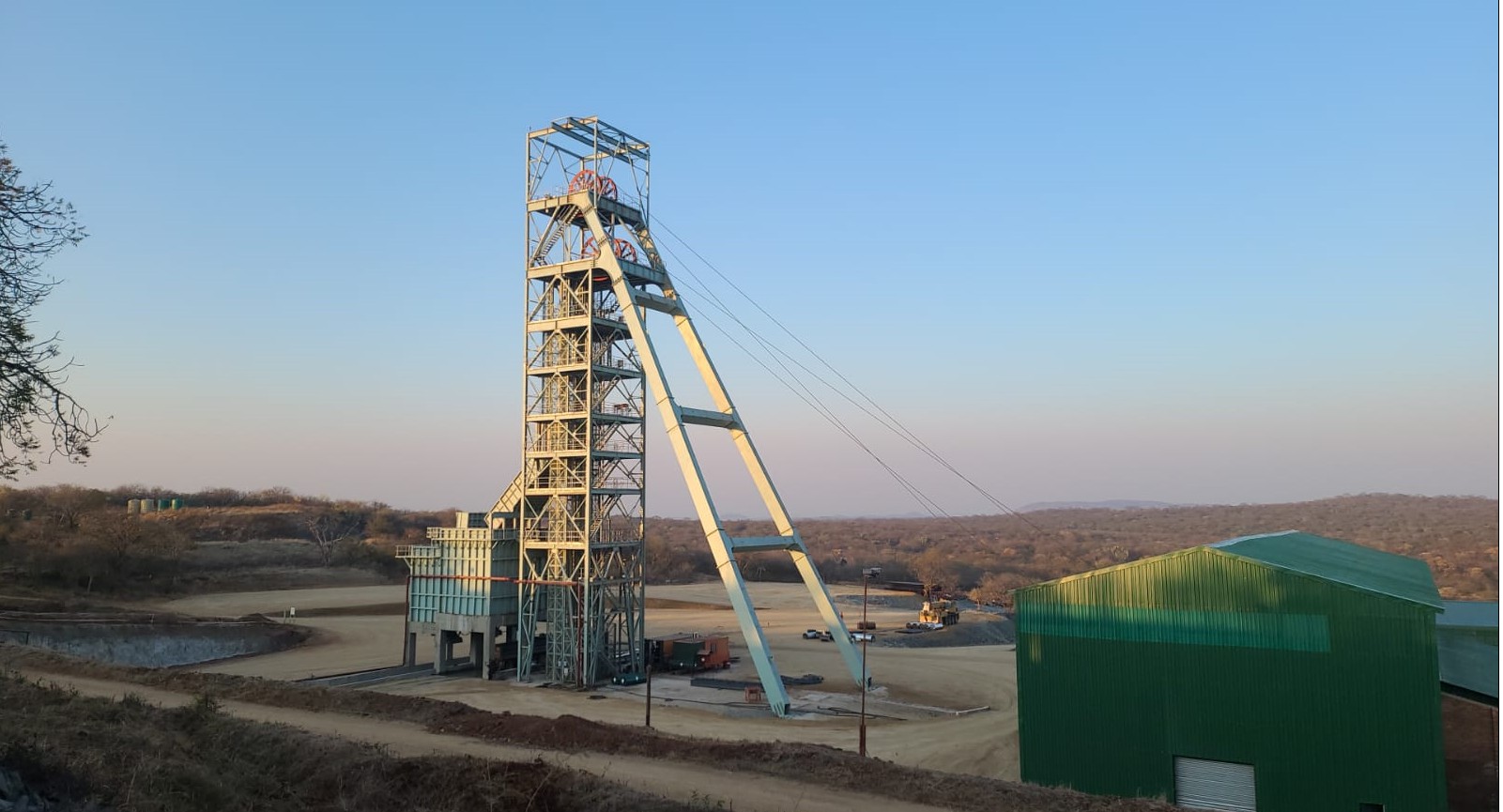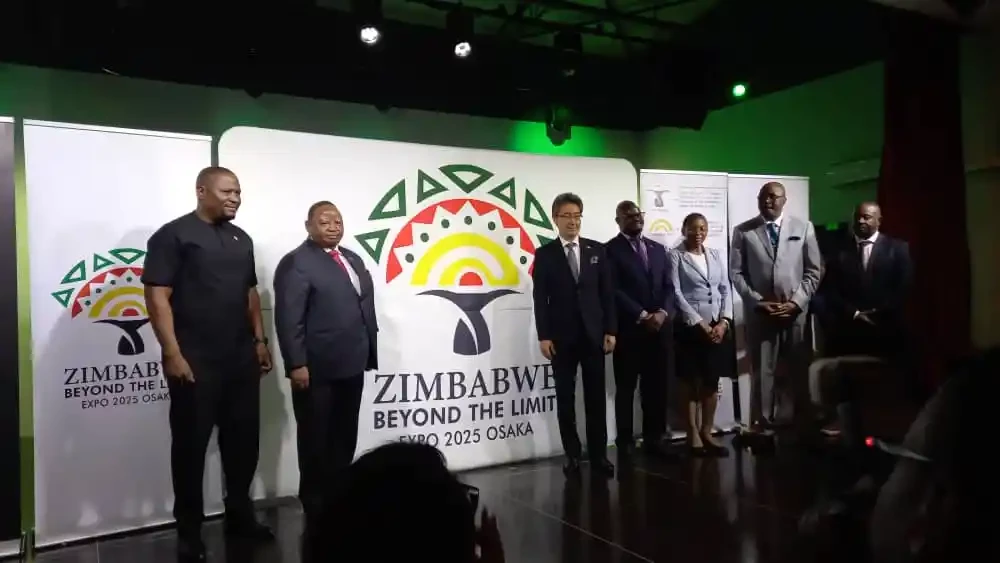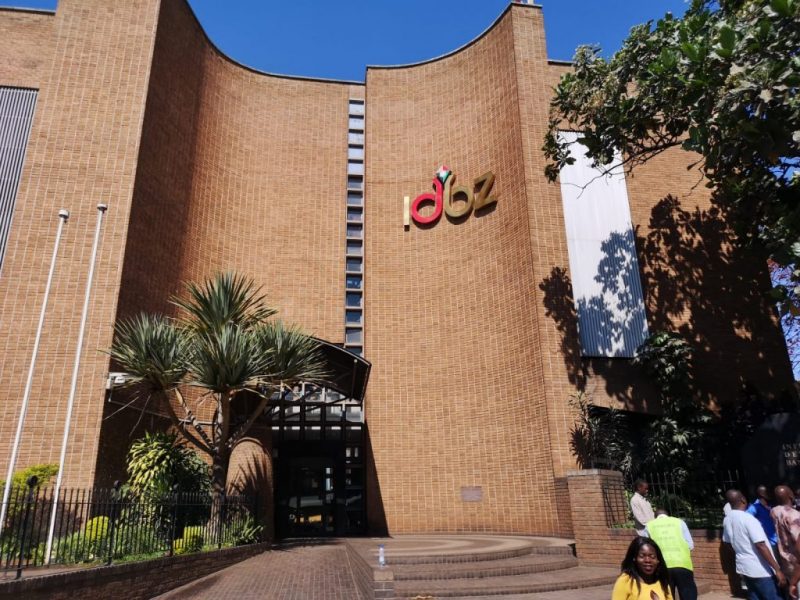US may derail Zim SDRs plans
WHILE the International Monetary Fund (IMF) has warned members on the dangers of failing to properly deploy the US$650 billion Special Drawing Rights (SDRs) stimulus to offset the impact of Covid-19, Zimbabwe may face a somewhat differnt impediment in its quest to derive optimal benefits from the bailout.
It emerged the US has vowed not to buy SDRs from countries that are under its embargoes and has indicated it would influence its allies to adopt the same position.
Zimbabwe, under the new administration, is battling to rebuild an economy battered by almost two decades of economic meltdown due to, chiefly, embargoes imposed by Western countries, especially the United States, in 2001.
And yet the biggest challenge Zimbabwe has faced in efforts to fix a dislocated economy, boost production, build and reconstruct dilapidated infrastructure, among others, has been the acute lack of external funding.
While the forex auction system, which the country introduced in July last year, now accounts for roughly 90 percent of registered importers’ foreign currency needs, shortages have resulted in approved but outstanding applications of about US$200 million.
As such, news that the IMF had released its biggest bail out in the history of the Fund, at US$650 billion, to its 190 members-with Zimbabwe getting nearly a billion US dollars for its quarter, was received with wild euphoria.
This is because it is believed the SDRs will boost reserves for many low income and poor countries, Zimbabwe included.
For instance, South Africa, Pakistan and Nigeria, are expected to also see a 10 percent to 20
percent boost to their forex reserves.
Morgan Stanley estimated that Chad and Zambia — two highly indebted nations that have requested debt restructuring under a framework agreed to by the G-20 — could also see significant reserves increases.
The immediate impact of this support from the IMF is to increase the foreign exchange reserves position of the country by US$961 million.
“This will go a long way in buttressing the stability of our domestic currency,” said Finance Minister Mthuli Ncube and Reserve Bank of Zimbabwe Governor Dr John Mangudya.
The monetary and fiscal authorities said the SDRs will be used to support social sectors (health, education, vulnerable groups, productive sectors (industry, mining, tourism), infrastructure investment (roads and housing), propping up the domestic currency and macro-economic stability.
Although fundamentals point to a positive outlook, with projected growth of 7.8 percent this year, Zimbabwe still requires a significant dose of foreign exchange to achieve many of its lofty economic targets, key among these, forex.
IMF managing director Kristalina Georgieva said SDRs were a precious resource and while the admitted the decision on how best to use them rested with member countries, she cautioned for wise use of the funds.
In order for the reserves boosting asset to have the maximum benefit to member countries and, generally, the entire global economy, Georgieva said, the decisions needed to be prudent and well-informed.
The IMF thus outlined some of the potential risks associated with the global bailout, among them delayed use or macro-economic adjustments, without that taking into account the costs and potential negative impact of doing so.
Further, the IMF said risks entailed the quarterly interest charges at variable interest rates associated with use of SDR denominated obligations, inadequate use of SDRs by country with high debt levels or weak governance.
The Bretton Woods institution said members should not use the SDRs to maintain unsustainable policies, which may lead to cost, including undermining members’ ability to secure adequate to future financing.
Major risk
However, beyond the list of the cautioned risks, lies a risk peculiar to countries under US sanctions, including Zimbabwe, which has buckled under hurtful western embargoes since the turn of the millennium, and are largely blamed for crippling the nation’s economy over two decades.
The world’s largest economy and most powerful country declared it will not purchase SDRs, which are not a money or currency but a reserve asset exchangeable for approved usable currencies of IMF members, from a country whose policies run counter to America’s interests.
The US Treasury department said recently it reserved the right not to purchase SDRs from any country whose policies run counter to U.S. interests, raising concerns for Zimbabwe, which remains under US embargoes.
“The United States retains the right to refuse to purchase SDRs from any countries that we choose, including those under US sanction regimes, and we are working to coordinate with other countries to do the same.
“Because all IMF members receive an SDR allocation proportionate to their quota share, some countries whose policies the United States opposes will receive an SDR allocation.
However, these countries will not necessarily be able to exchange their SDRs for hard currencies.
“First, the country’s authorities must be recognised by the IMF membership. Then, the country would need to find a willing country to provide them with hard currency in exchange for their SDRs. We are working to increase transparency around SDR exchanges,” the US said.
The US imposed sanctions on Zimbabwe in 2001 through the Zimbabwe Democracy and Economic Recovery Act (Zidera), amended in 2018, and backed by the Executive Order 13288 of 2203, which is renewed annually by a sitting US President.
The embargoes alienated Zimbabwe from global financial sources as they outlawed transactions with any local person or entities while anyone caught violating the law faced harsh punitive measures.
Global financial giants such as Standard Chartered Plc and Barclays Plc were once slapped with heavy penalties running in several hundreds of millions or billions of dollars for violating US the sanctions orders. In fact, Zidera gives the US far-reaching powers to terminate or abrogate contracts, proscribe licence relationships or cancel business agreements, block and freeze funds or cause the cutting of correspondent banking relationships, for culprits, among others measures.-ebusinessweeklycoz.w










